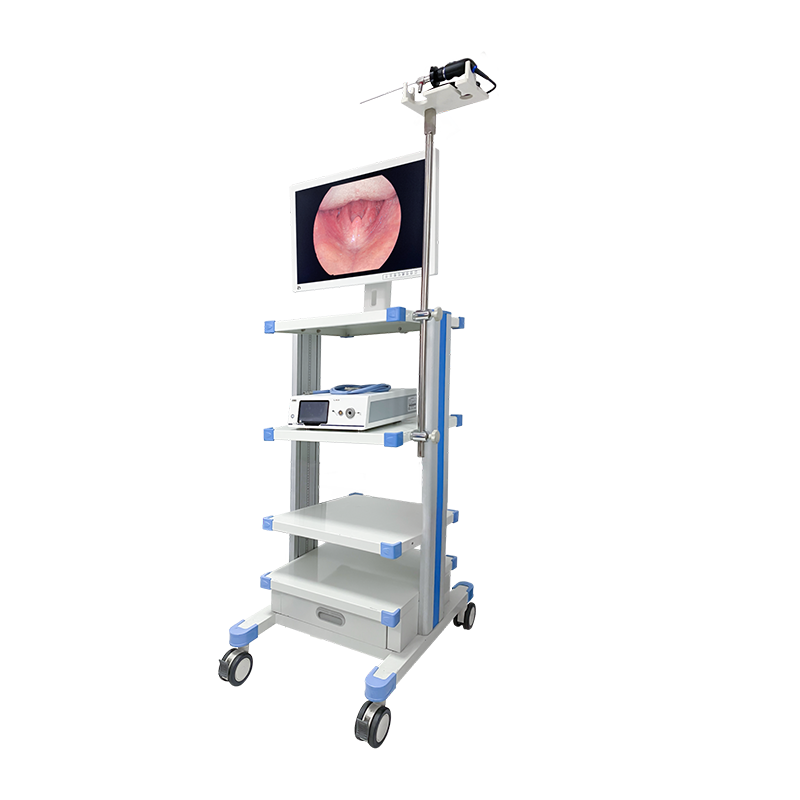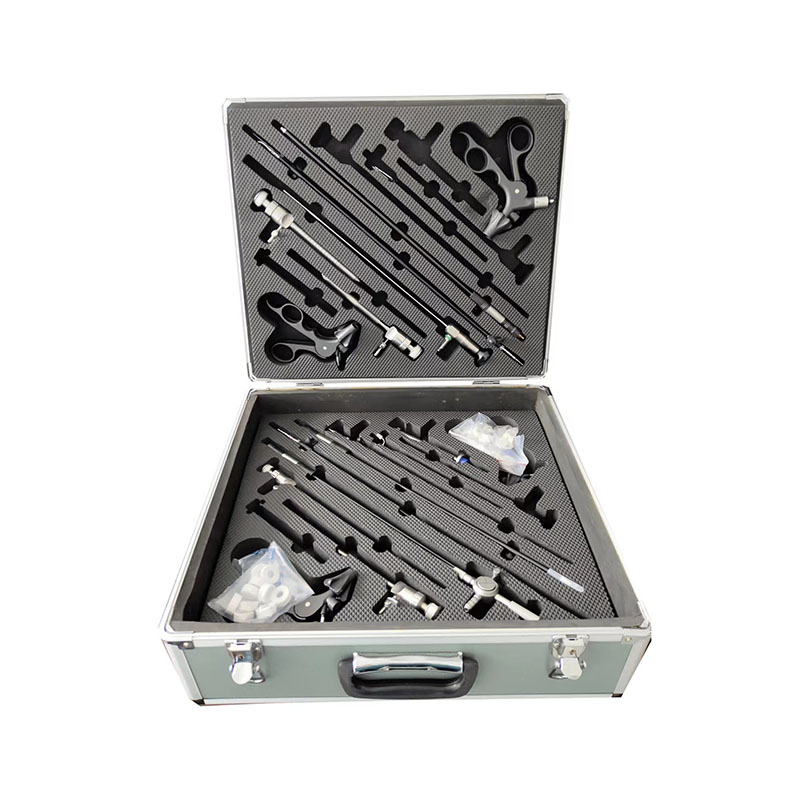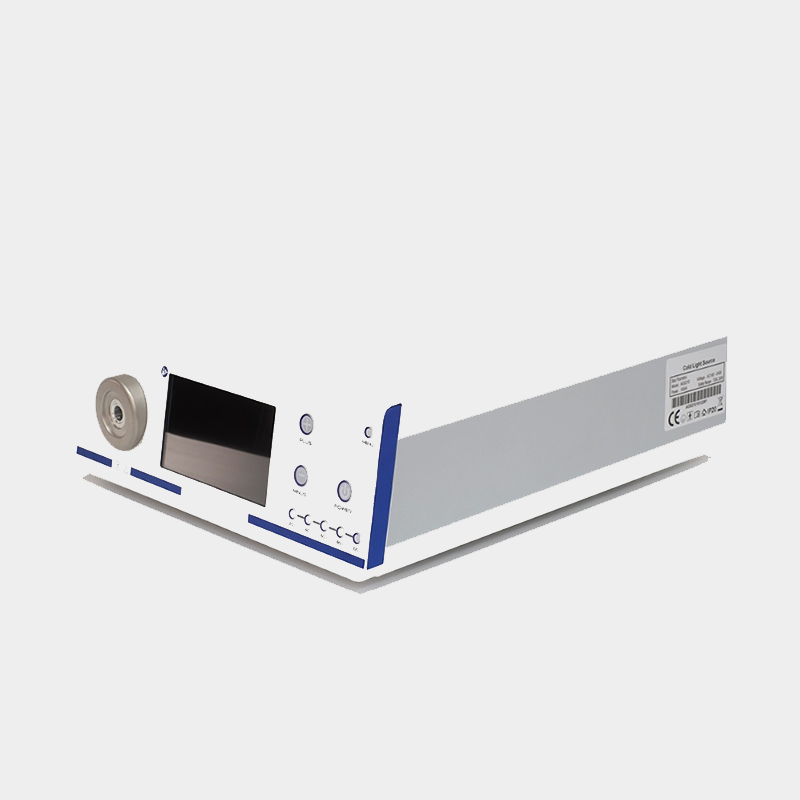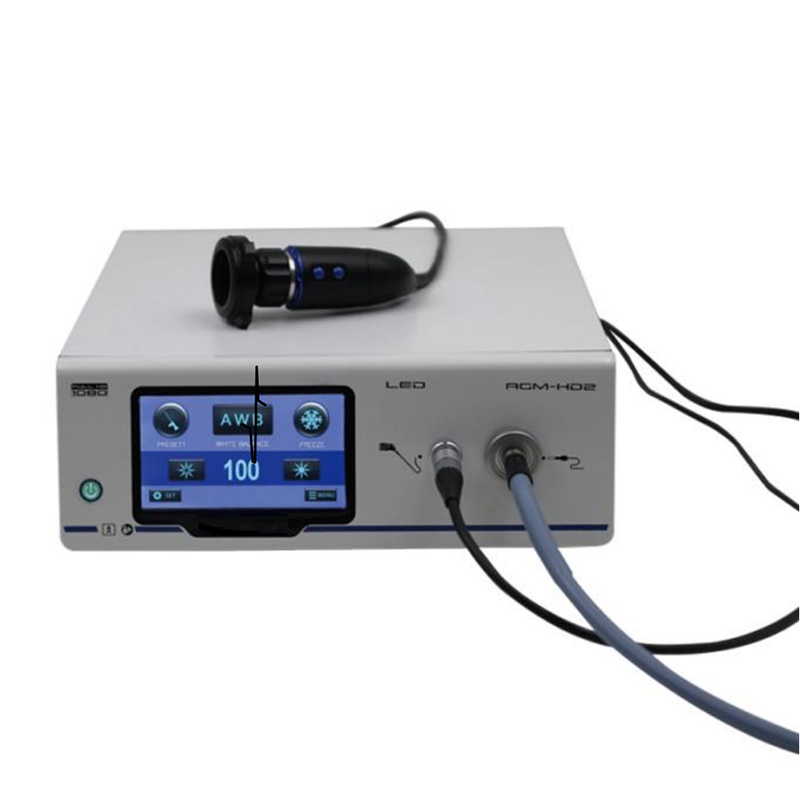A diagnostic hysteroscopy and an operative hysteroscopy are two medical procedures used to diagnose and treat various conditions related to female reproductive health. Although they have similarities, there are distinct differences between the two programs.

A diagnostic hysteroscopy is a minimally invasive procedure that involves the use of a hysteroscope, a thin lighted tube inserted into the uterus through the vagina and cervix. This allows doctors to examine the inside of the uterus and diagnose conditions such as abnormal bleeding, polyps, fibroids, and adhesions. A diagnostic hysteroscopy is usually performed on an outpatient basis and does not require any incisions.
On the other hand, an surgical hysteroscopy, involves the use of a hysteroscope to not only diagnose but also treat certain uterine conditions. During the procedure, your doctor may remove polyps, fibroids, or adhesions, and may also perform procedures such as endometrial ablation or uterine septum resection. The procedure may require anesthesia and is usually performed in a hospital or surgery center.

The use of hysteroscopy has revolutionized the field of gynecology by providing a less invasive alternative to traditional surgery. It allows direct visualization of the uterine cavity, making it easier to diagnose and treat various conditions. Hysteroscopy is commonly used to investigate causes of abnormal uterine bleeding, infertility, recurrent miscarriages, and other uterine abnormalities.
Maintaining a woman's physical health is vital to overall health, and hysteroscopy plays an important role in achieving this goal. Through accurate diagnosis and targeted treatment, hysteroscopy can help improve reproductive outcomes and reduce symptoms that may impact a woman's quality of life.


In summary, although a diagnostic hysteroscopy and an operative hysteroscopy are related procedures, they serve different purposes. Both procedures have contributed greatly to the advancement of gynecological care and have become valuable tools in managing women's reproductive health. It is important for women to consult with their healthcare provider to determine the best course of action for their individual needs.
Post time: Apr-25-2024

